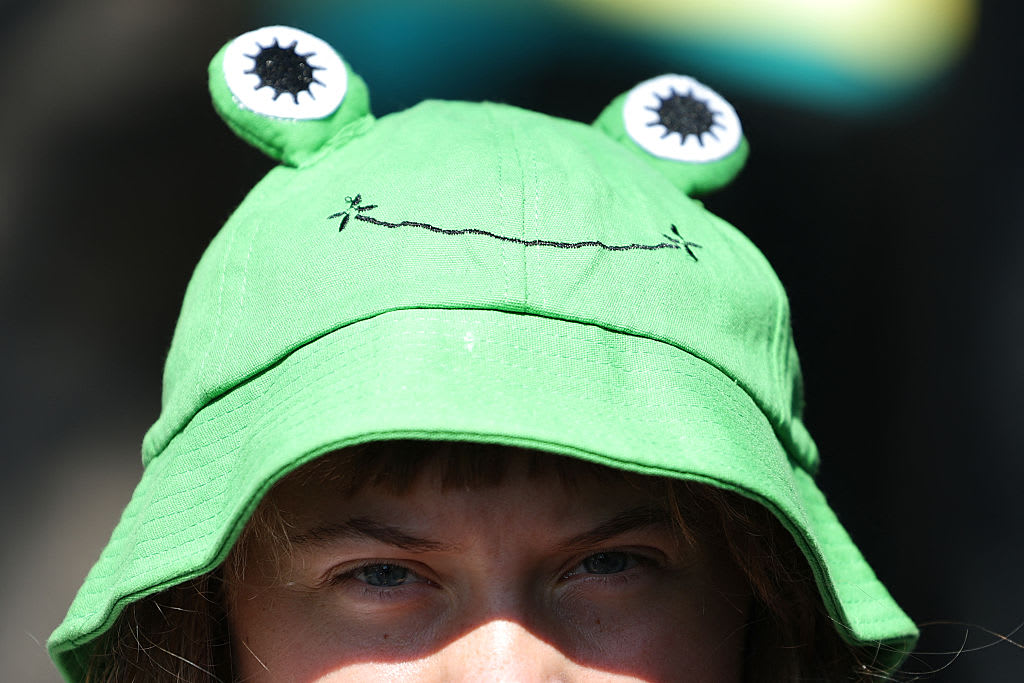Swedish meatballs are actually Turkish?! It's complicated
A shocking confession has confounded lovers of the Swedish meatball. For centuries the beloved staple was considered Sweden's signature dish. But a simple tweet changed that. Turns out it maybe from another country.
When you think of Sweden, perhaps ABBA comes to mind, or maybe it's IKEA's build-it-yourself furniture.
But if you're a food lover, it's probably Swedish meatball. They're Sweden's national dish, traditionally served with mashed potato and sweet lingonberry sauce.
But last month, Sweden's government confessed a terrible secret via Twitter: Swedish meatballs, it said, are actually Turkish, imported 300 years ago by Swedish King Charles XII.
"Meatballs are ours," said Bronte Aurell, owner of Swedish cafe Scandi Kitchen. "Of course! Swedish meatballs are Swedish!"
Aurell is joking, as did other Swedes when they heard the news -- one jested that his whole life had been a lie.
The truth, of course, is that good food travels.
"I mean noodles came originally from China and then came to Italy and you know they have pasta! So it doesn't make Italian pasta Chinese!" Aurell said.
But in Turkey, the confession left some people feeling they'd been robbed.
At Alibaba's Meatball Joint in Istanbul, Turkish diners told us they were happy to share their meatballs, but not the credit for their invention.
"Don't call it Swedish meatballs, because it's not," said one diner.
But now there's a new twist to the story, a Swedish food expert told us it's fake news because the origins of meatballs are uncertain.
And Sweden's official Twitter account now concedes that the meatball's "culinary history is complex" -- and so an international incident has been resolved. Meatballs, just like the people who cook them, come from everywhere.




